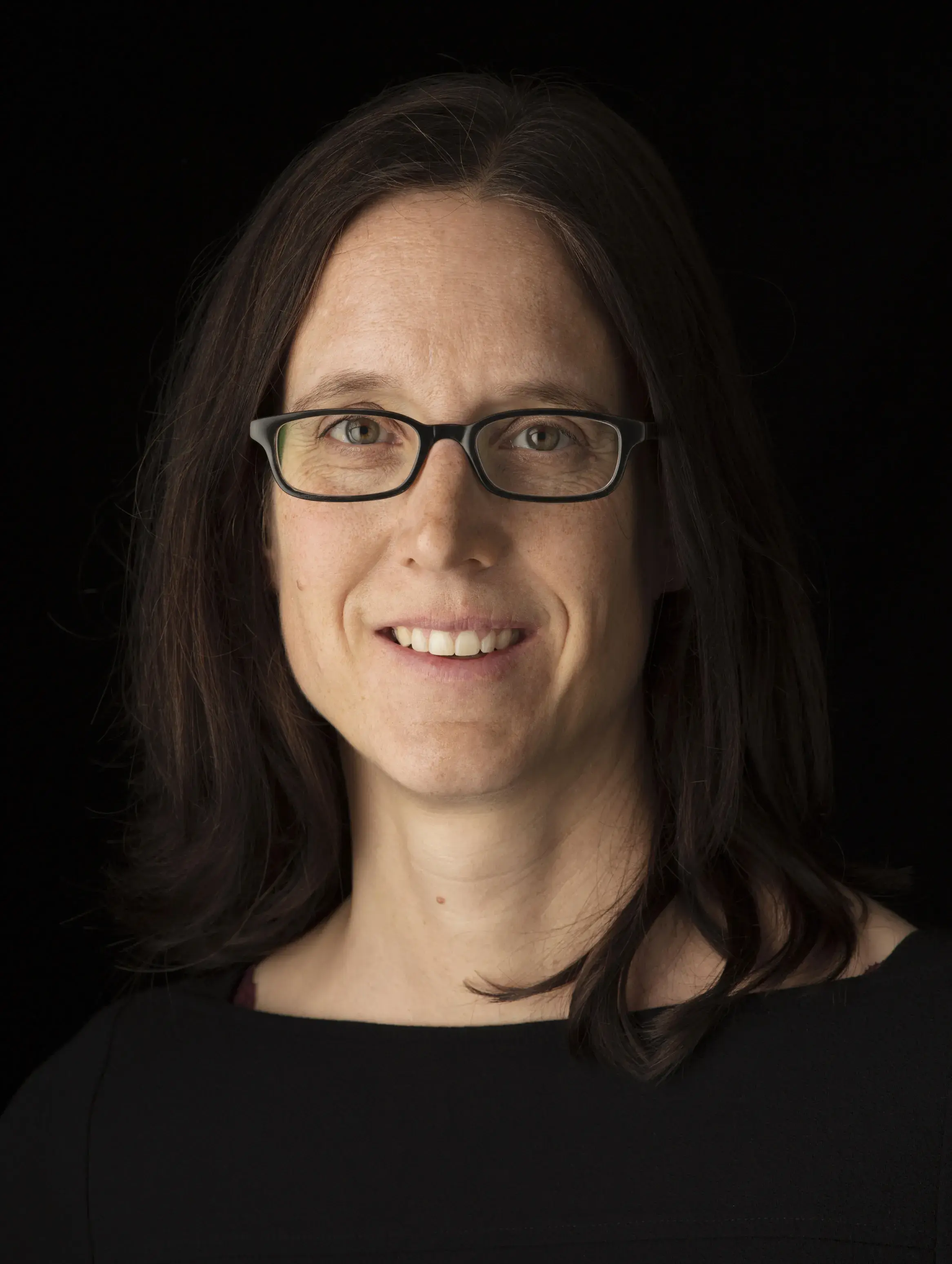How can we connect with older migrants?
The connections formed by ‘guest workers’ are based on transnational networks. With this generation now at retirement age, a new approach seeks to rethink the term ‘integration’.
They came to Switzerland as ‘guest workers’ at a time when the idea of ‘integration’ was not an issue – neither for the migrants themselves nor for the Swiss population. Today, these people, who came from Italy, Spain and former Yugoslavia, have reached retirement age. A retired man of Italian origin remembers: «I came to Switzerland because I wanted to earn money to buy a motorbike. But after a while, it turned out that the motorbike had bought me.» The proportion of migrants in the older population as a whole is growing. About 270,000 people with a first-generation migrant background are now aged 65 or older. Even after all these years, a substantial number of them do not find it easy to cope in their host country: problems include difficulties with the language, social isolation and little knowledge of the local organisations dealing with old age and migration issues.
Local community services must be opened up to reach older migrants

The ZHAW project Vicino, which was carried out in collaboration with the Pro Senectute organisations of Canton Zurich and Canton Aargau, aimed to identify potential areas of improvement. «We focussed primarily on how contact in neighbourhoods and networking in districts could be improved,» says ZHAW project leader Sylvie Johner-Kobi. The key research question was: What participative methods can strengthen older migrants’ existing social networks within their neighbourhood and improve contact with their local community and district structures? According to Sylvie Johner-Kobi of the ZHAW Institute of Diversity and Social Integration, the study found that «nationality-based and language-specific networks are very important, especially for people who speak little German». She explains that organisations of this type are responsible for many tasks, such as organising meeting places, and play a key role in providing consulting and support services. The research team developed guidelines which enable experts working in the fields of old age and migration to identify potential gaps in the services offered in local communities and districts and to determine how these gaps may be filled. Roland Guntern from Pro Senectute Aargau was also involved in developing the guidelines. «The guidelines have been well received as a practical resource,» he said. The additional aids, such as checklists for creating new services, are also appreciated.
Rethinking ‘integration’
The Vicino project also shows that older migrants move in transnational spaces. They often travel between their country of origin and their host country, with some people spending up to six months in their country of origin. «Because they are frequently away from their homes in Switzerland, they can make little or only sporadic use of the old-age and migration services offered,» states Sylvie Johner-Kobi. But this is not the only factor that makes migration work a challenge: According to Christiane von Kloeden of Pro Senectute Canton Zurich, in practice it can take a long time to build up networks and to establish access to key people. The transnationality aspect is very significant. A follow-up project titled ‘Rethinking Integration in Social Work’ (in German only) has now been launched; it will focus on older migrants’ transnational living spaces and support networks. The aim of the project is to create a basis for social workers which takes into account transnationality and its consequences. This means reflecting on existing understandings of integration so that concepts and interventions can be adapted accordingly. The focus is again on older migrants, as Sylvie Johner-Kobi explains: «It seemed to us that the issue of integration and transnationality can be discussed very effectively using the example of older migrants.»
ZHAW-Impact University Magazine
Social integration was the key topic in the June issue of the ZHAW-Impact university magazine. The subjects discussed included: What career opportunities do companies offer their staff aged 49+? How fair is social insurance in Switzerland? What interaction is there between the creation of spaces and human behaviour? What support can be offered to older migrants and also to young, second generation migrants? With more and more young people suffering from mental health issues, how can we promote early recognition and treatment? You can also find portraits of people dealing with topics such as knowledge transfer with Namibia, unaccompanied minor refugees, barrier-free communication, ethical management training and the involvement of more women in STEM disciplines.
Interested? You can subscribe to ZHAW-Impact free of charge: